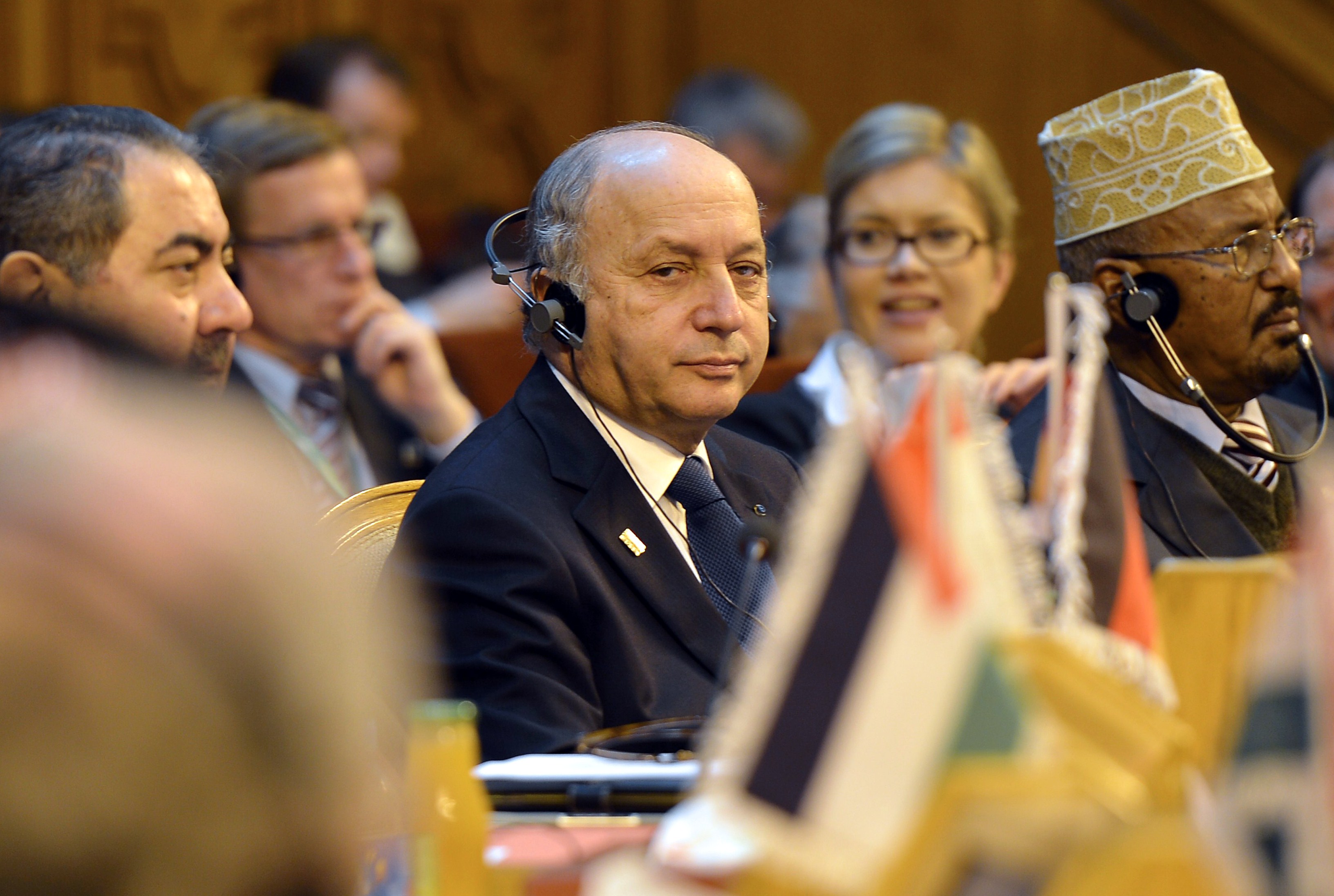CAIRO: In a relaxed setting on the banks of the River Nile in Aswan, Egyptian President Mohamed Hosni Mubarak spoke openly to Abdel Latif El Menyawi in an interview for terrestrial TV’s Channel 1.
Mubarak praised the performance of the People’s Assembly despite saying that altercations are only natural in parliaments.
“In the Italian parliament they hit one another. Thank God we only have name-calling, he said.
The president added that there have been great legislative accomplishments and conceded that “there must be an opposition.
Commenting on US President Barack Obama’s historical visit to Egypt and his address to the Muslim world, Mubarak said, “Obama is like no other US president.
He said that during Obama’s eight-hour trip to Cairo last week, they spent around 50 minutes discussing several issues, especially the Palestinian-Israeli conflict.
“Obama is understanding and is willing to cooperate to achieve a two-state solution on the condition that Israel stop the settlements and the Palestinians unite, said Mubarak.
Mubarak said that he is planning a visit to the US in late July in which he and Obama will thoroughly discuss everything.
The two-state solution – an Israeli state and a Palestinian state – is the only option, said Mubarak.
“I have made that clear to [Israeli Prime Minister Benjamin] Netanyahu during his last visit to Cairo, he said.
They also discussed the Lebanese parliamentary elections. “Democracy is the rule of the majority and now they are the March 14 coalition, we have to respect the elections . it’s about time for everyone to calm down and for the people to live a normal life, he said.
Locally, El Menyawy brought up the issue of sectarian strife in Egypt, on which Mubarak commented that it is a recent trend.
“In the past there was no such thing [in the Arab World] as Shia and Sunnis or Copts and Muslims in Egypt or Maronites and others in Lebanon, he said.
He pledged Wednesday to promote development and care for the Nubians, as criticism to his government’s treatment of Egypt’s ancient but highly marginalized minority mounts.
“Their demands and requests should be met because they are part and parcel of the Egyptian national fabric, he said.
Mubarak’s statement is the first by such a high-ranking government official publicly acknowledging the simmering dispute.
In the 1960s Egypt relocated hundreds of thousands of Nubians outside their historic homeland when the newly built Aswan High Dam flooded their traditional homelands.
Under a UNESCO plan, international efforts helped salvage several monuments from flooding including the famed Abu Simbel temple.
However, over the years, many Nubians quietly moved back into the area, living along the lake. The government is now trying to relocate them.
Early this year, Nubian villagers started collecting signatures protesting local councilors who agreed to the decision issued by the Aswan governor.
Campaigners demanded their new villages be built in locations similar to the original ones alongside the Nile.
During his tour Mubarak ordered the government to “coordinate with the Nubians in building new villages.
Some pro-government media accuse the Nubians of seeking independence. -Additional reporting by AP
